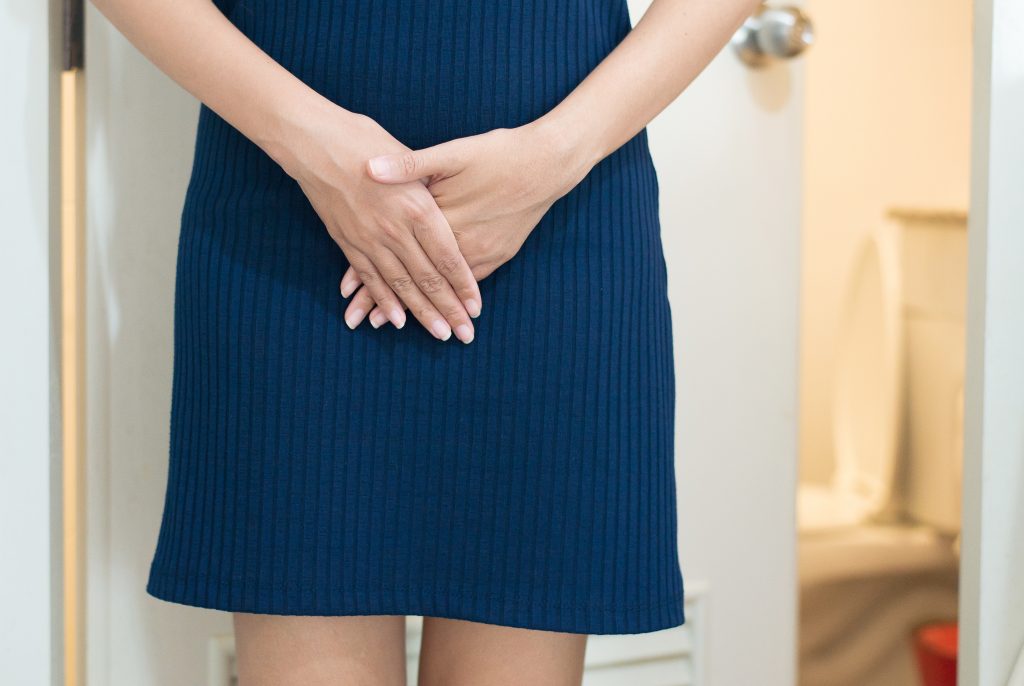
Best Incontinence Specialists in Memphis, TN
Incontinence is embarrassing and can interfere with your ability to perform daily functions and enjoy the activities you love. At Poplar Avenue Clinic, the team of board-certified OB/GYNs in Memphis, Tennessee, evaluate and diagnose both urinary and fecal incontinence so they can customize a treatment plan to ease symptoms and help you find relief. Call today for an appointment or use the online tool to schedule.
